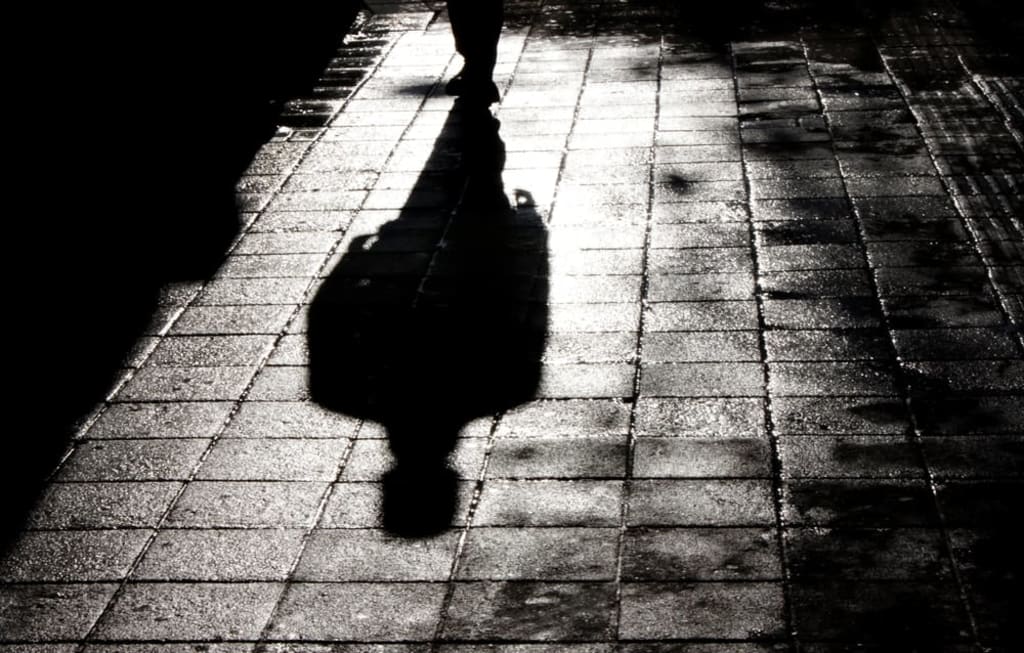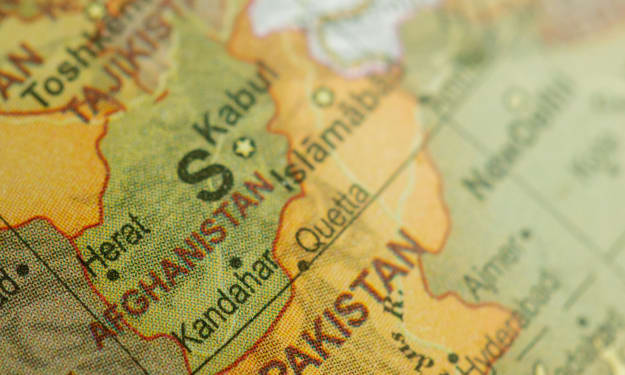La sombra negra (The black shadow)
An needed Salvadoran evil force

El Salvador has a complex and tumultuous history, marked by political instability, economic inequality, and social unrest. In the late 20th century, the country was embroiled in a brutal civil war that lasted for over a decade and claimed the lives of tens of thousands of Salvadorans. The conflict left deep scars on the country, which continued to struggle with poverty, crime, and corruption in the aftermath.
In the early 2000s, El Salvador was facing a new crisis: the rise of violent gangs that were terrorizing communities across the country. Gangs like MS-13 and Barrio 18 had their roots in the United States, where many Salvadorans had fled during the civil war. The gangs were formed in response to the harsh realities of life in poor, urban neighborhoods, where poverty, violence, and discrimination were rampant.As the gangs spread throughout Central America, they brought with them a wave of violence and crime that overwhelmed local authorities. In El Salvador, the government was ill-equipped to deal with the gangs, which quickly became one of the most pressing security threats facing the country.
The gangs operated with impunity, extorting businesses, kidnapping people for ransom, and carrying out murders and other violent crimes. The police and justice system were often unable or unwilling to intervene, leaving citizens feeling helpless and vulnerable.
It was in this context that La Sombra Negra emerged. The group was composed of former soldiers, police officers, and other security personnel who had grown disillusioned with the government's inability to address the gang problem. They saw themselves as defenders of the community, willing to take whatever measures were necessary to protect the people from the gangs.
La Sombra Negra began targeting known gang members and executing them in public. The group would often leave messages on the bodies of their victims, warning other gang members to leave the area or face a similar fate. They were ruthless and uncompromising, and quickly gained a reputation for their brutal tactics.
The group's name, "La Sombra Negra," means "the black shadow" in Spanish. It was inspired by a mythical figure from Salvadoran folklore, a hooded figure who would appear in times of crisis to protect the people from danger. For La Sombra Negra, this was precisely their role: to be the shadowy force that struck fear into the hearts of the gangs and protected the community from harm.
Despite their controversial methods, La Sombra Negra quickly gained support among many Salvadorans who were fed up with the violence and impunity of the gangs. Some saw the group as a necessary evil, a force willing to do whatever it takes to protect their communities from the gangs.
However, others criticized the group for their extrajudicial killings and lack of accountability. Human rights groups have accused La Sombra Negra of being responsible for numerous human rights violations, including torture and disappearances.
The Salvadoran government has also condemned the group, and several members have been arrested and prosecuted for their actions. However, the group continues to operate in some parts of the country, and many Salvadorans still see them as a valid form of resistance against the gangs.
One of the most notable incidents involving La Sombra Negra occurred in 2016, when a video surfaced showing members of the group executing two alleged gang members in broad daylight. The video sparked outrage and condemnation from many, but also drew support from those who saw it as a necessary measure to combat the gangs.
The Salvadoran government responded by launching an investigation into the group and arresting several members. However, some have criticized the government for not doing enough to address the underlying issues that give rise to vigilante groups like La Sombra Negra.
Indeed, the roots of the gang epidemic in El Salvador are complex and multifaceted. Poverty, inequality, corruption, and political instability have all contributed to the growth of the gangs and the violence that accompanies them. Addressing these underlying issues will be crucial if El Salvador is to move beyond the cycle of violence and vigilantism.
In the meantime, however, groups like La Sombra Negra continue to operate, fueled by a sense of frustration and desperation. As long as the gangs continue to terrorize Salvadoran communities, there will likely be those who are willing to take justice into their own hands. The question remains, however, whether such extralegal measures can truly bring peace and security to a country torn apart by violence and fear.
In conclusion, La Sombra Negra is a vigilante group that has gained notoriety for their brutal tactics and willingness to take justice into their own hands. The group emerged in response to the rise of violent gangs in El Salvador, which had overwhelmed local authorities and left citizens feeling helpless and vulnerable. While some see La Sombra Negra as a necessary force to protect the community from harm, others criticize the group for their extrajudicial killings and lack of accountability. The





Comments
There are no comments for this story
Be the first to respond and start the conversation.